Tehran faces worst drought in decades as residents pray for rain
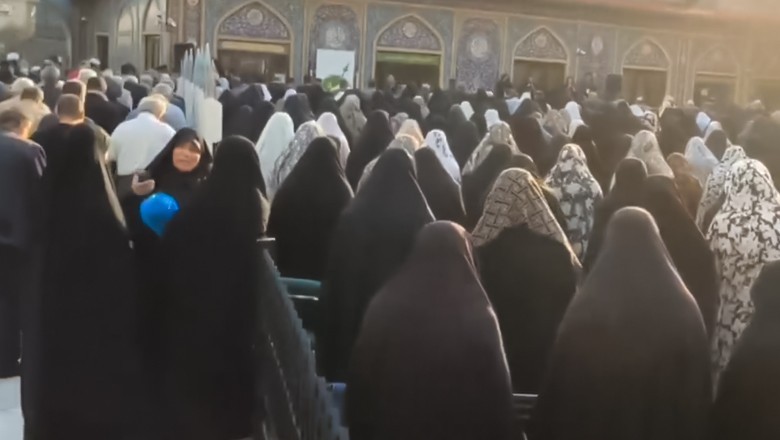
Web Desk
|
15 Nov 2025
People in Tehran thronged mosques to pray for rain as the city is experiencing a severe drought. The capital has been dry for months without a drop of rain, and President Masoud Pezeshkian has urged residents to conserve water as the shortage is beginning to affect daily life.
Special prayers were held at the Emamzadeh Saleh Mosque, where thousands earnestly sought rain during supplications. Tehran’s daily water consumption is around three million cubic metres.
Tehran, a hot and dry city located on the southern slopes of the Alborz Mountains, is facing one of its worst droughts in decades.
To manage the situation, local authorities have been frequently cutting off the water supply, while the city’s population of 10 million struggles to cope with limited access to water.
All five major dams supplying Iran’s water are nearing depletion, with one currently at 8% capacity. Tehran has experienced 40% less rainfall this year, receiving just 152 millimetres.
For the water year ending September 2025, rainfall was down 81 % compared to average. Around the country, aquifers are being over exploited, agriculture uses about 90 % of all water despite contributing only around 12 % of GDP.
Efforts to manage the crisis include threats of nightly water cut offs nationwide and plans to penalise major urban water users.
In Tehran daily life is already being affected, online reports and media speak of unannounced water shut offs, households installing tanks, and growing anxiety that taps may soon run dry.
Experts warn the situation is unlikely to improve quickly, without meaningful structural reform, shifting away from engineering to supply more water, to managing demand and restoring aquifers, the water system may be “irrecoverable”.
The stakes are broader than just taps running dry. A collapsing water supply threatens public health, food security, the economy, and social stability in a country already under international sanctions and facing economic issues.





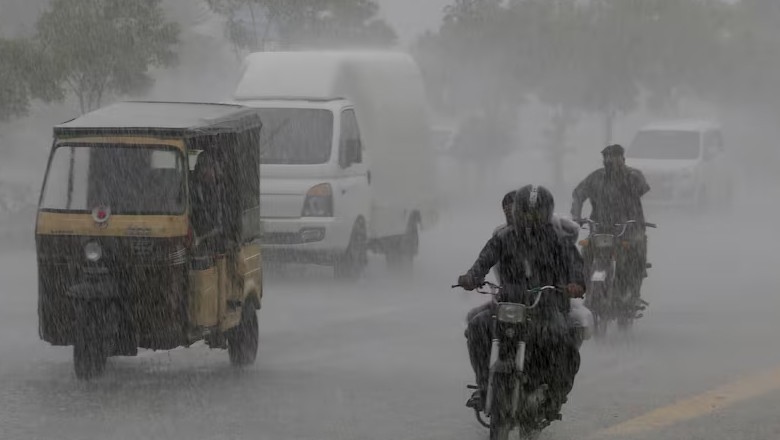
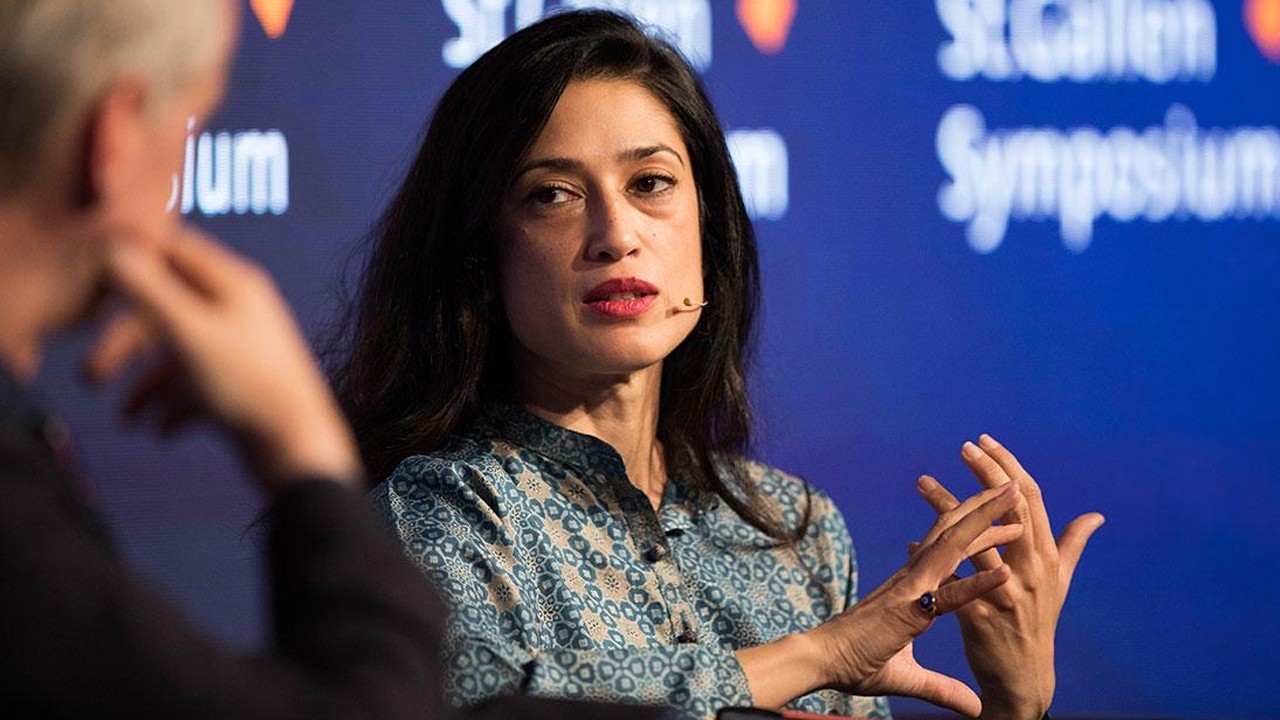

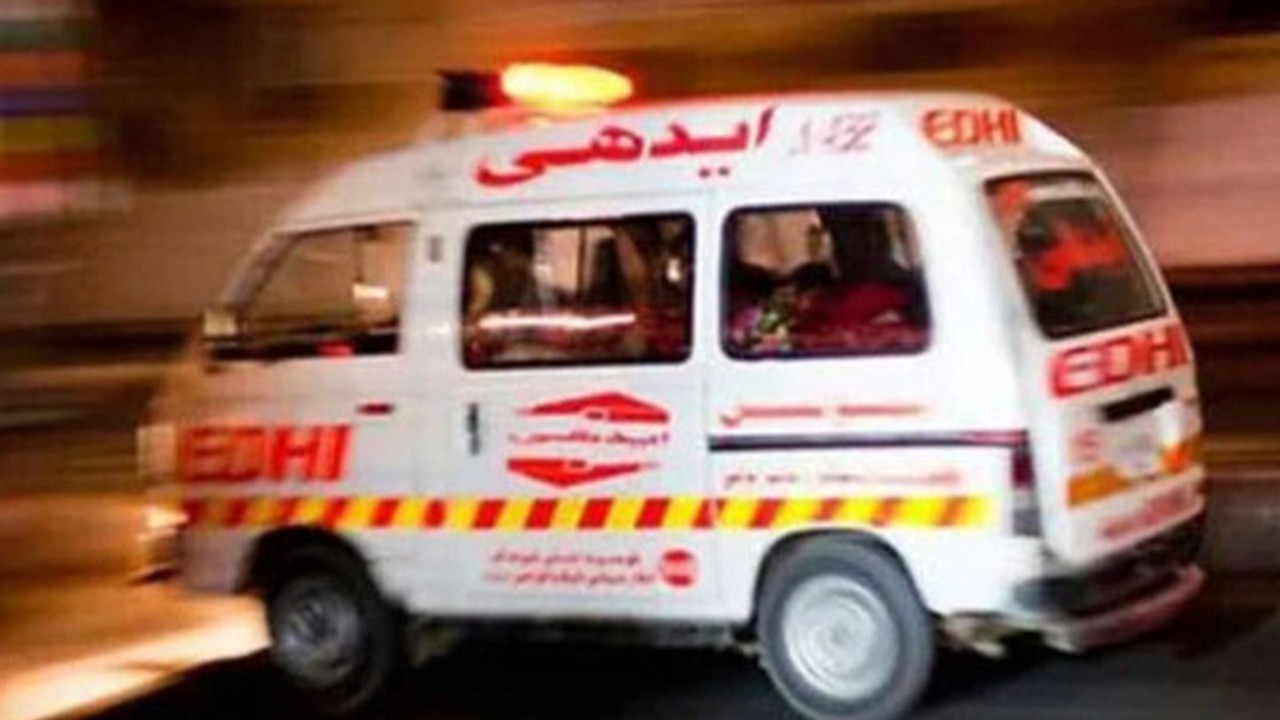
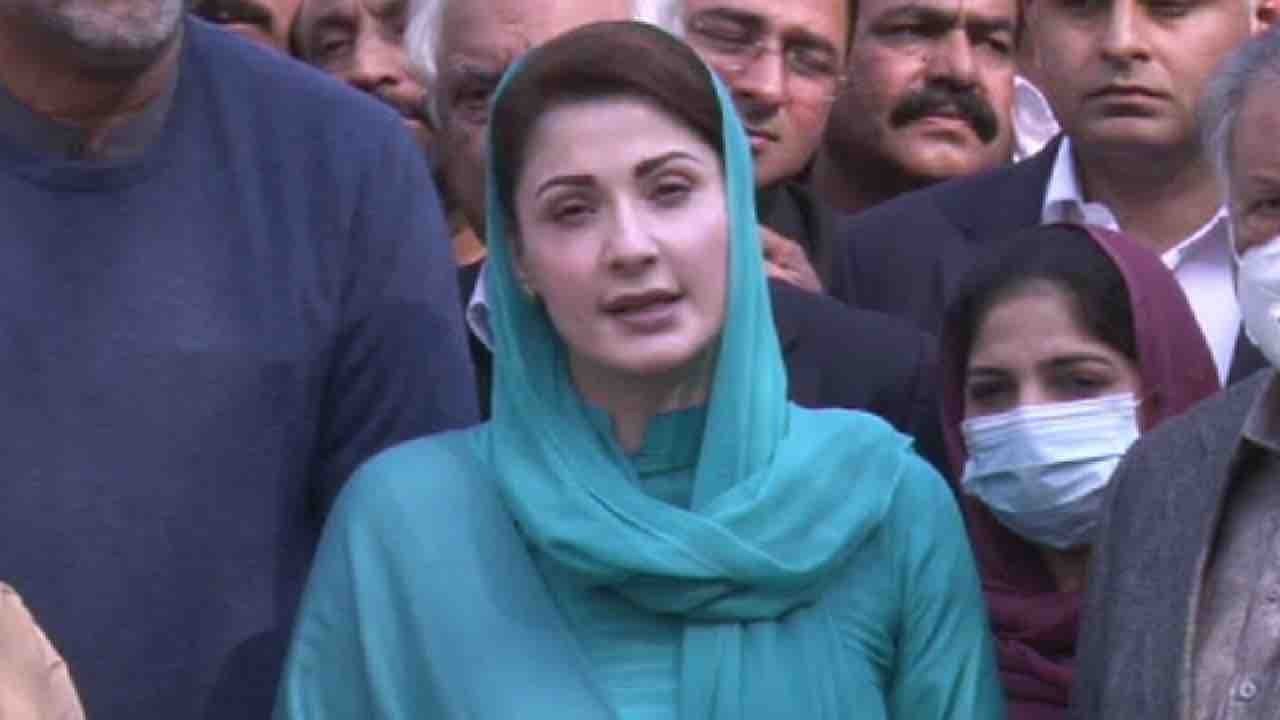
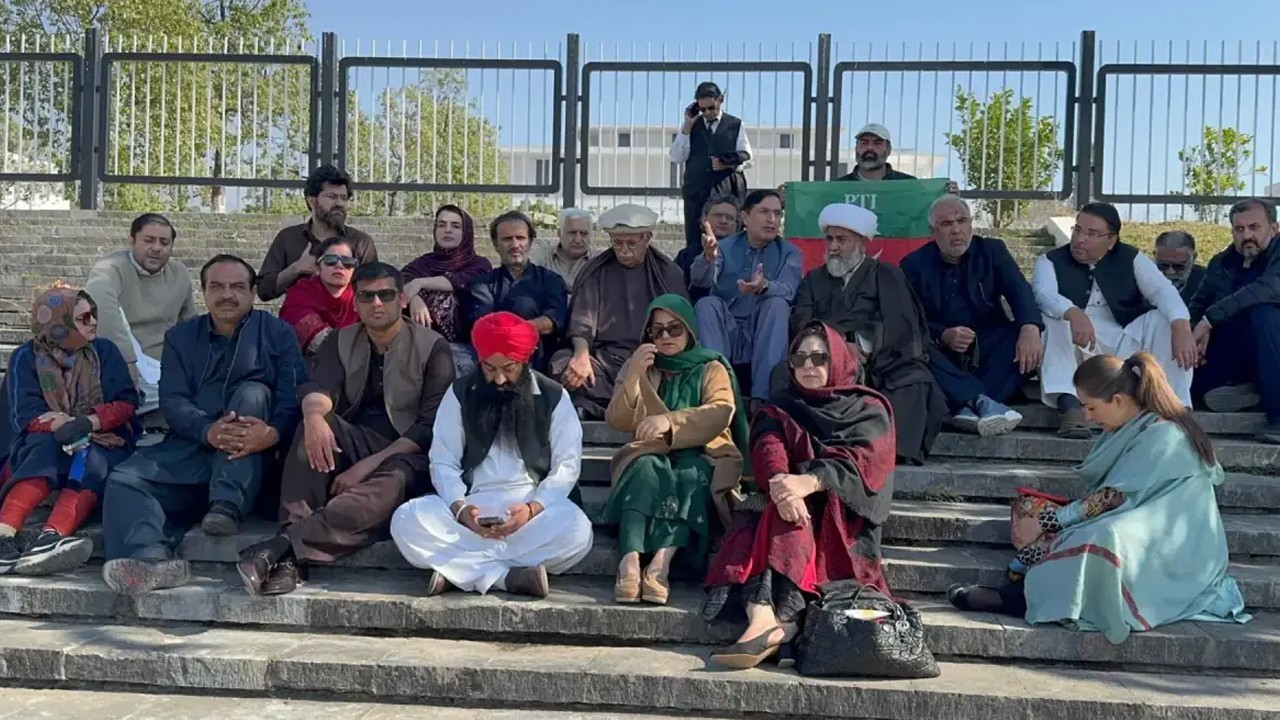
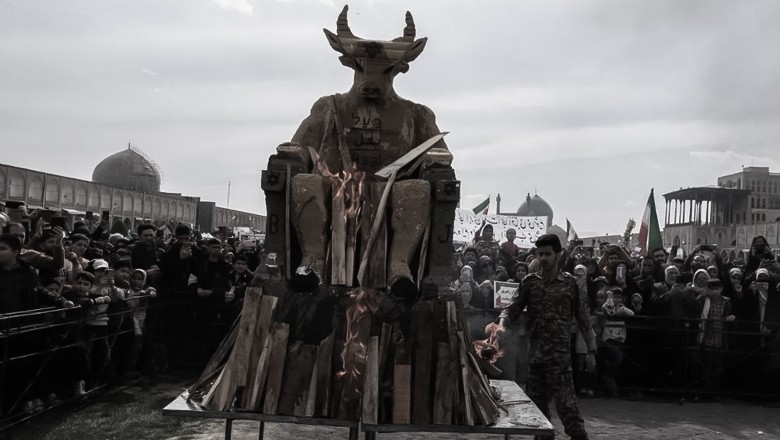
Comments
0 comment